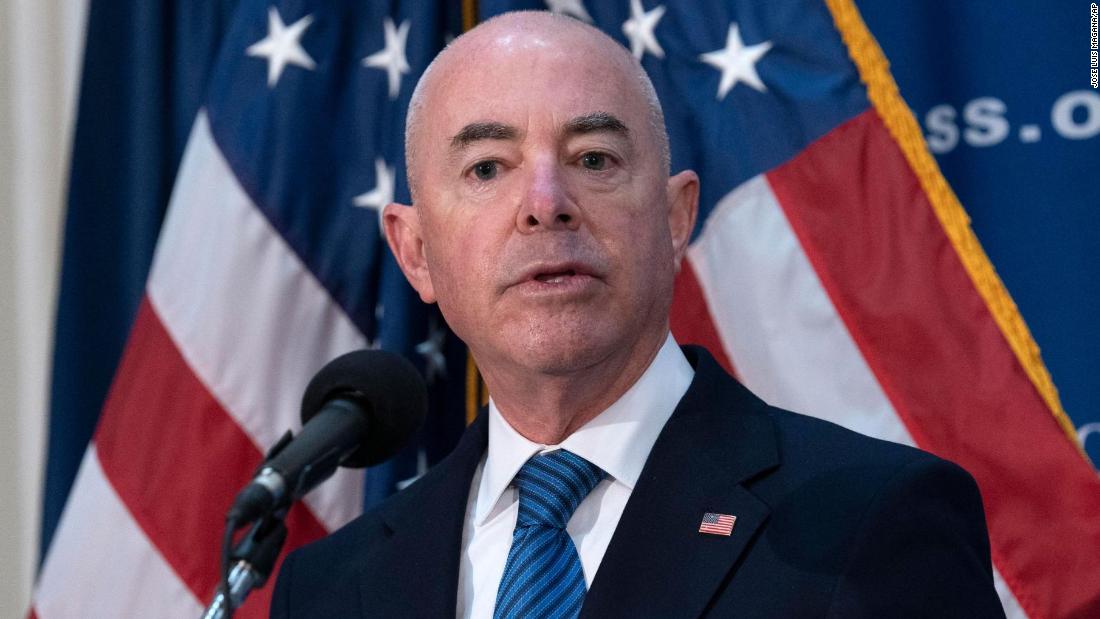
The department is returning to Obama-era immigration enforcement measures based on a priority system instead of the more aggressive approach taken under the Trump administration. That approach, Homeland Security Secretary Alejandro Mayorkas argues, takes into account the department’s limited resources and the fact that a “removable noncitizen should not alone be the basis of an enforcement action against them.”
Mayorkas pledged to release guidelines after assuming the helm of the department. Like the guidance released in February, Thursday’s guidelines focus on national security, public safety and border security, but they place a greater emphasis on an officer’s discretion.
“These guidelines don’t take a categorical approach. They call for an individualized determination in each case. Assess the individual, investigate the facts, understand the totality of the facts and circumstances and then make a determination whether the individual in fact poses a public safety threat,” Mayorkas told reporters Thursday.
But enforcement priorities are already the subject of ongoing litigation. A federal appellate court this month largely halted a judge’s order blocking the administration’s enforcement priorities.
The case, brought by Texas and Louisiana, challenged a memo issued in the beginning of President Joe Biden’s term that instructed Immigration and Customs Enforcement to focus its arrests on certain undocumented immigrants, particularly those who posed national security risks or had serious criminal histories.
The 5th US Circuit Court of Appeals found that the provisions do not eliminate immigration officials’ “broad discretion” to decide who should face enforcement action, according to the ruling. The part of the injunction that was not put on hold is already in line with general enforcement protocol.
“For these reasons, we do not see a strong justification for concluding that the (Illegal Immigration Reform and Immigrant Responsibility Act of 1996) detention statutes override the deep-rooted tradition of enforcement discretion when it comes to decisions that occur before detention, such as who should be subject to arrest, detainers, and removal proceedings,” the ruling, written by Judge Gregg Costa, reads.
“That means the United States has shown a likelihood of prevailing on appeal to the extent the preliminary injunction prevents officials from relying on the memos’ enforcement priorities for nondetention decisions,” Costa added.
The panel was made up of two Obama appointees and a George W. Bush appointee.
With the 5th Circuit’s decision, the lower court order will be largely paused while the case plays out on the merits — unless the red states successfully seek an intervention from the full 5th Circuit or the US Supreme Court.



